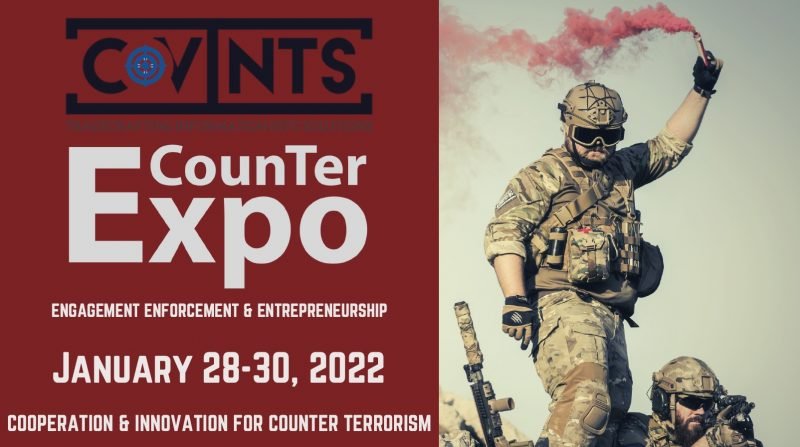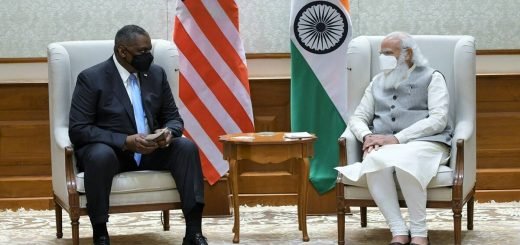[Event] COUNTER EXPO 2022: Preparing for Extreme Risks and Building National Resilience

Counter Expo 2022 in a special knowledge sharing session in collaboration with “National Liberal Club, United Kingdom” organised a panel discussion. This session had Lord James Arbuthnot who is Chairman of the select committee on Risk assessment and planning as its esteemed speaker.
This session was focused on the importance of risk assessment and planning to build national resilience. We live in an era of vulnerabilities, we have an interdependent world where everything is connected. An illness first seen in a Chinese city can shut down the economy of the world. The uncertainty of the threat doesn’t make it inevitable, because we are vulnerable and to be resilient even to those we are not accustomed to is now a necessity. Biosecurity, energy security, cyber security, futuristic technological advancements, terrorism are among a few factors that threaten national security; more dangerous when utilized together. Uncertain events like solar flares are also a factor and can be detected with correct technology and weather forecasts, however having a plan and proper execution is what makes a nation truly resilient.
Technology is moving at a fast pace creating new challenges, all our systems cannot operate unless they are interconnected and technologically driven. And the benefits of technology have made us completely dependent on it, making it a potential vulnerability. And all of that technology is dependent on electricity. A single point of failure can disable the ability of modern society to function, the wider the area and the time of outages the more catastrophic it is. Despite improving cyber tech nearly all information and communication that works in our systems will be at risk for years, having consequences for our defences and moving critical national infrastructure right into the frontline. Wars that we choose to fight or that are forced upon us will no longer be conducted just far away but also within the utilities that we depend on. It can be within our financial systems, our media, our communication networks, inside our own homes and even our own bodies. In 2014, when Hamas was sending rockets into Israel, a tweet from bomb shelter implied “as long as our internet is working we are still strong”. It is a possibility to not even know who we are fighting or what fought through as they can be started by proxies on computers that are connected to networks anywhere in the world and then destroyed. With no one to take responsibility, cyberattacks are close to being entirely free of cost, free of difficulty, free of retaliation and free of approbation. Perhaps it was executed by another state, anonymous hacktivists, terrorist organisations or was a result of a false flag operation you can never be sure.
These attacks have a severe impact on public order, as they result in the loss of the chain of command. It creates an inability to communicate with the public about what is going on or what they need to do, an inability to organise an emergency response and the lack of resources and money due to the lack of cash terminals and social security payments. There should be transparency to the public when these uncertainties seem to be a possibility and fear of wide-scale panic should be scrapped. It demands a lot of education, a lot of discussions and policy and law-making that are essential to building national resilience. Black swan events have a grave magnitude of impact however less the probability and incentivising investments for these kinds of events are rather difficult if not impossible. But there is value in preparation and value in getting as much data as possible, there is a need for international collaboration of countries, firms and organisations. There is a need to have a long term plan rather than addressing the threat as it approaches. There is a need to pressure stage actors and politicians to not only talk but in fact act on “Black elephants” in the room. “A plan that has not been exercised is not worth having” and improvisation in the face of battle is not a good look.


















